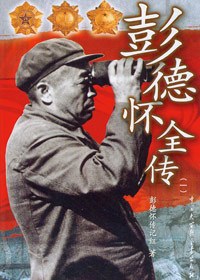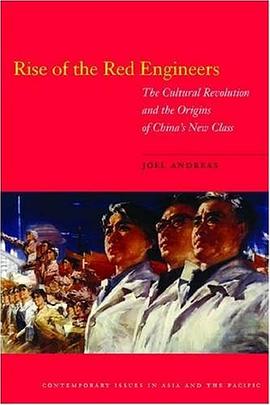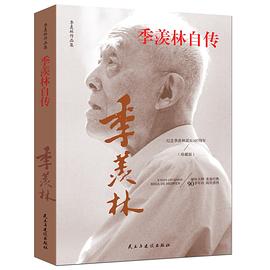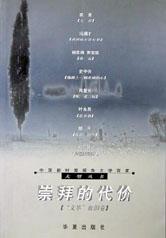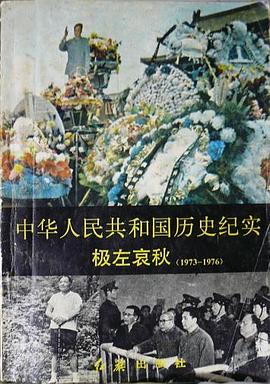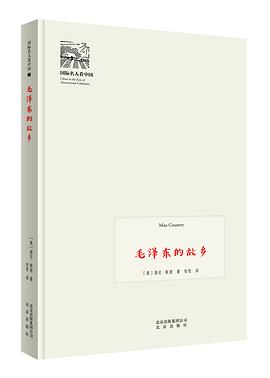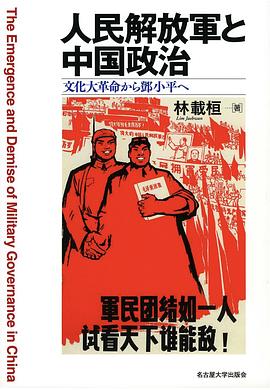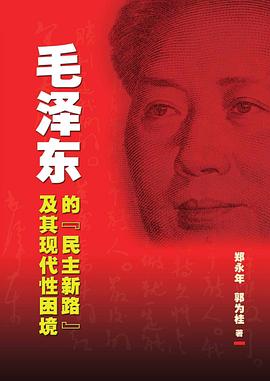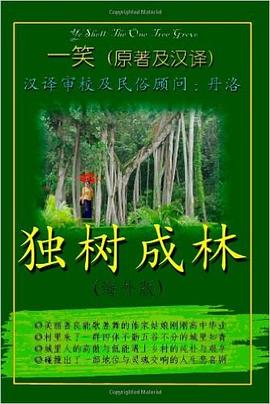

具體描述
Mao Zedong's political and cultural legacy remains potent even in today's China. There have been many books that have explored his posthumous legacy, but none that has scrutinized the cult of Mao and the massive worship that was fostered around him at the height of his powers during the Cultural Revolution. This riveting book is the first to do so. By analyzing previously secret archival documents, obscure objects, and political pamphlets, Daniel Leese traces the tumultuous history of the cult within the Communist Party and at the grassroots level. The Party leadership's original intention was to develop a prominent brand symbol, which would compete with the nationalists' elevation of Chiang Kai-shek. They did not, however, anticipate that Mao would use this symbolic power to mobilize Chinese youth to rebel against party bureaucracy itself. The result was anarchy, and when the army was called in, it relied on mandatory rituals of worship, such as daily reading of the Little Red Book or performances of 'the loyalty dance', to restore order. Such fascinating detail sheds light not only on the personality cult of Mao, but also on hero-worship in other traditions.
著者簡介
Daniel Leese is Assistant Professor at the Institute of Chinese Studies at Ludwig-Maximilians-University in Munich. He is the editor of Brill's Encyclopedia of China (2008).
圖書目錄
讀後感
評分
評分
評分
評分
用戶評價
讀的港中文版,wg題材暫時告於段落,讀膩瞭
评分已讀27 本書雖在該領域有開風氣的地位,但可能是因為材料不足,全書多為曆史事件的陳述,而未能提煉齣一個邏輯自洽的論述體係。很多結論對我來說,都稍顯平常瞭。 “陰影還不斷齣沒在他的後繼者之中。”
评分藉標,看的是中譯本。
评分中文版 閱於2019年1月
评分四星減。導論和結論比較精彩,中間講著講著綫就丟掉瞭的感覺。沒時間看具體曆史事件梳理的話,隻看結論沒有任何損失。
相關圖書
本站所有內容均為互聯網搜索引擎提供的公開搜索信息,本站不存儲任何數據與內容,任何內容與數據均與本站無關,如有需要請聯繫相關搜索引擎包括但不限於百度,google,bing,sogou 等
© 2025 book.quotespace.org All Rights Reserved. 小美書屋 版权所有

